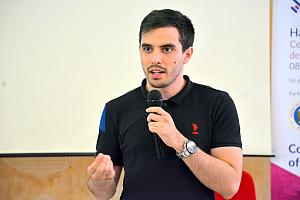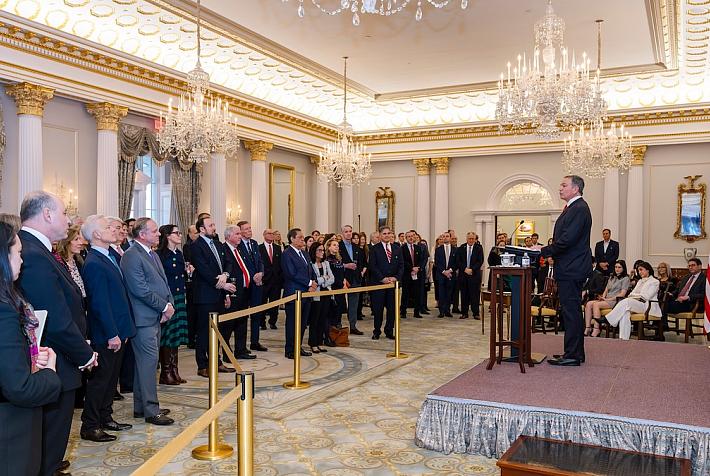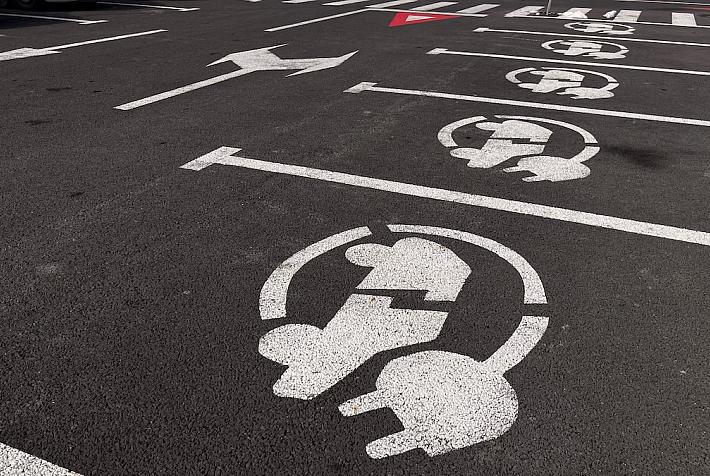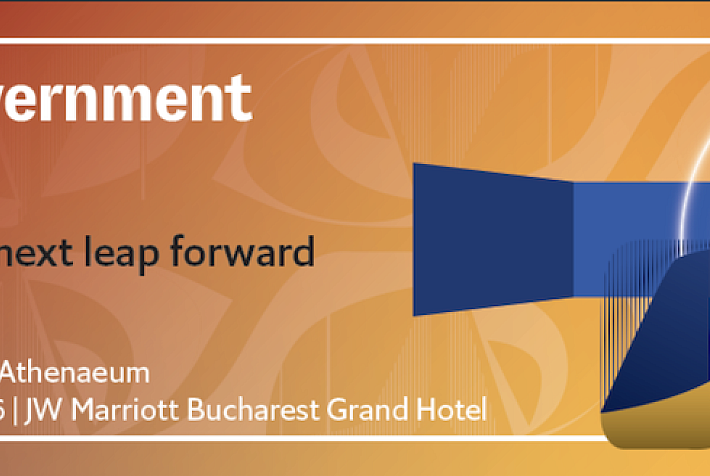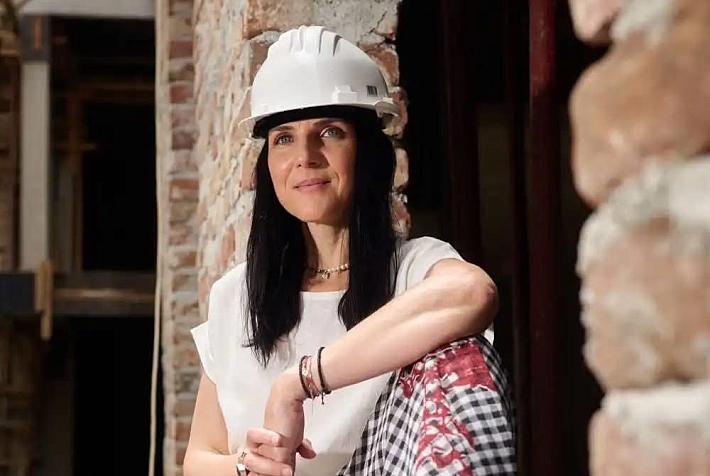Revolutionary treatment for leukaemia and lymphoma succesfully applied in Romania for the first time
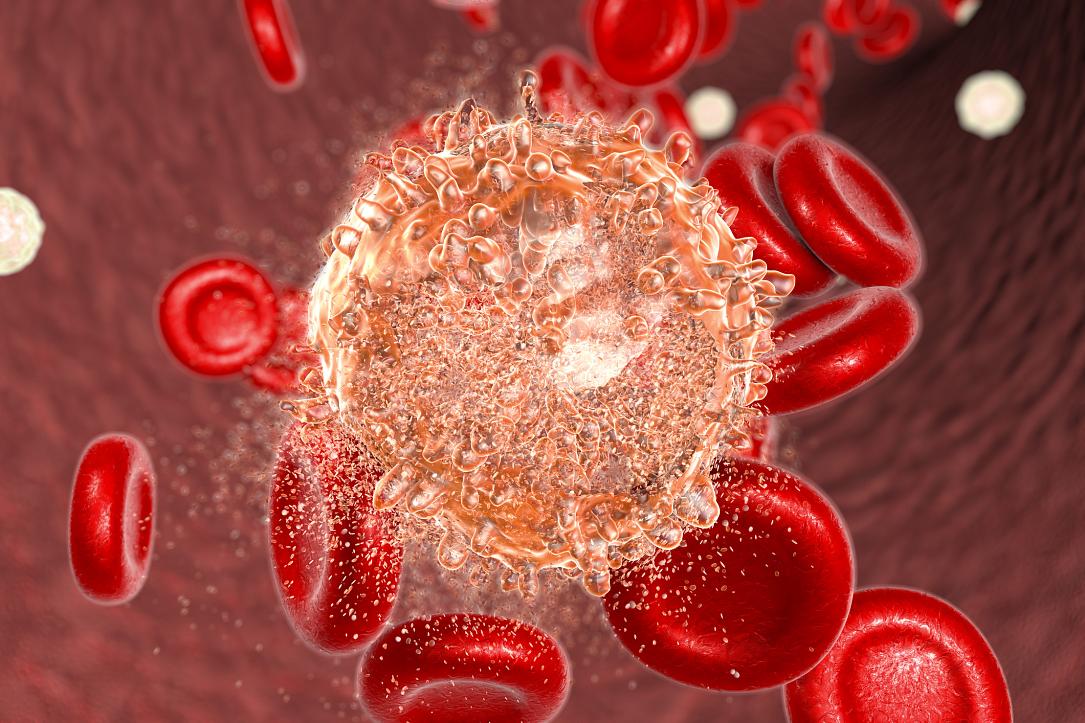
A revolutionary cancer treatment has been used in Romania for the first time, successfully putting a cancer patient in remission.
The patient from Constanta, aged 49, was diagnosed with non-Hodgkin's lymphoma.
Over the past five years, he has tried various treatments, but to no avail. Now he is the first patient in Romania to benefit from CAR T therapy, as reported by Pro TV News.
"I have undergone a lot of chemotherapy treatments. I have also had radiotherapy, but until now I had never been able to reach complete remission. The disease had progressed to a very late stage. This is my chance at having a life,” says the patient.
Five other Romanian patients have been treated.
The innovative treatment method was first applied in the United States.
According to the American Cancer Society, Chimeric antigen receptor (CAR) T-cell therapy is a way to get immune cells called T cells (a type of white blood cell) to fight cancer by changing them in the lab so they can find and destroy cancer cells.
"The immune system recognizes foreign substances in the body by finding proteins called antigens on the surface of those cells. The T cells have their own proteins called receptors that attach to foreign antigens and help trigger other parts of the immune system to destroy the foreign substance."
However, if a person’s immune cells don't have the right receptors, they can't attach to the antigens and help destroy the cancer cells.
"In CAR T-cell therapies, T cells are taken from the patient's blood and are changed in the lab by adding a gene for a receptor (called a chimeric antigen receptor or CAR), which helps the T cells attach to a specific cancer cell antigen. The CAR T cells are then given back to the patient,” the American Cancer Society explains.
This type of treatment can be very helpful in treating some types of cancer, even when other treatments are no longer working.
"It's a dream come true," say doctors at the Fundeni Clinical Institute, the only center in Romania that is currently doing this treatment.
The treatment costs almost EUR 400,000 for a single patient and 20 patients will benefit from CAR T therapy in 2022 through the National Health Insurance Company's oncology programme. The only centre accredited to do the treatment is the Fundeni Clinical Institute. The medication is personalized for each individual patient, and processing the cells in the laboratory takes four to six weeks.
There are six such therapies in use around the world for several types of hematological cancers, but in Romania, only one of these has been approved for use, just this year, for two major indications: acute lymphoblastic leukemia in children and young adults up to the age of 25, and relapsed large B-cell lymphoma in adults.
Pro TV spoke to Prof. Dr Alina Tanase of the Fundeni Clinical Institute, who said: "It's a possible cure for diseases where other types of therapy have been exhausted. I believe that in the next few years we will be discussing the use of such therapies for many hematological malignancies.”
(Photo source: Kateryna Kon/Dreamstime.com)







